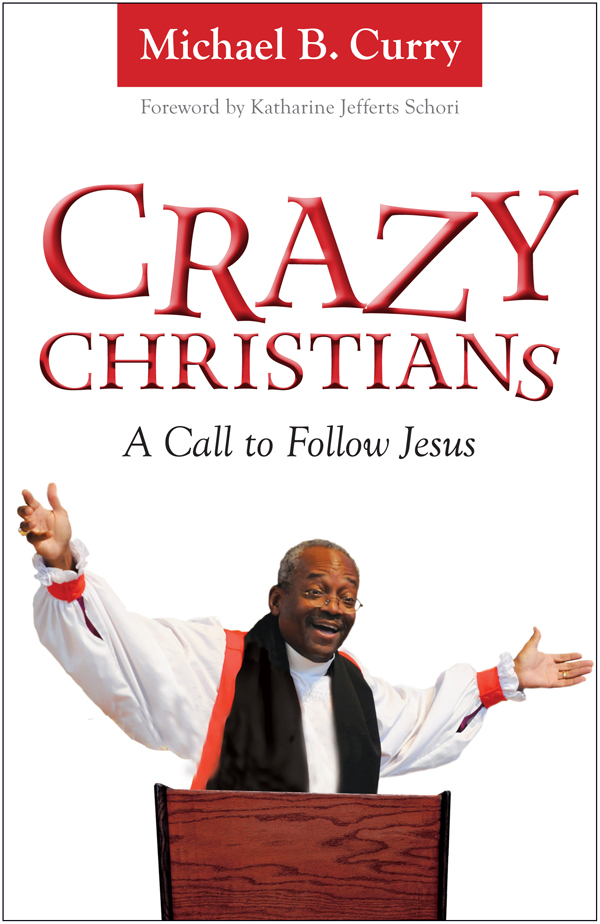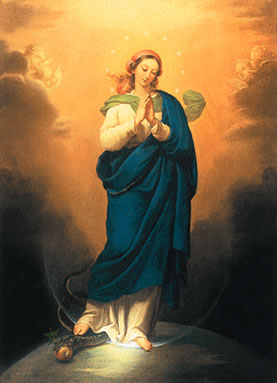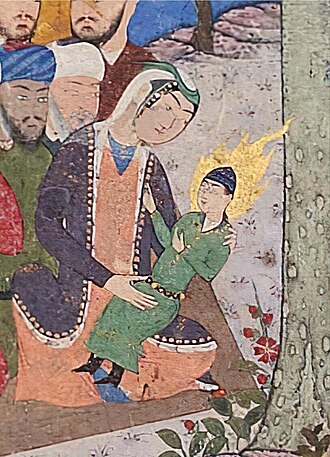Crazy Christians, Chs. 8-10, pt.2
What does it mean to have a church that draws, gathers, invites, and welcomes everyone with different gifts and different persuasions? 1 Cor. 12:12-31. How does the church welcome and understand those who do not look like you, act like you, vote like you, or agree with you on the issues of the day?
Crazy Christians, Chs. 8-10, pt.2 Read More »





